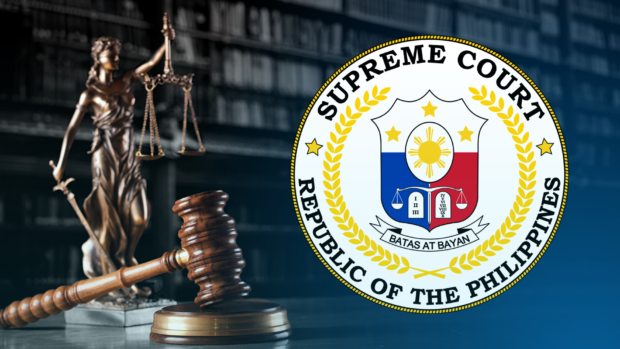
MANILA, Philippines — The Supreme Court affirmed the liability of former Philippine Amusement and Gaming Corp. (Pagcor) Chair Efraim Genuino in the company’s disallowed donations totaling P550,000 to a private residential subdivision in Makati City in 2008.
In a 16-page decision promulgated on June 13, 2023, but published only on Thursday, the high court denied Genuino’s certiorari petition questioning the Commission on Audit’s (COA) ruling that the donations were “private in purpose” and he was liable for approving it.
It also remanded the case to the COA for a final determination of the amount Genuino should return.
Former Philippine Amusement and Gaming Corp. chair Efraim Genuino. (INQUIRER FILE PHOTO)
In 2011, a notice of suspension was issued regarding Pagcor’s donations totaling P550,000 to the Magallanes Village Association Inc. for improving Magallanes Avenue, San Gregorio, and Magdalena Streets in Makati City.
Genuino argued that the board of directors, and not him, approved the payout of Pagcor funds.
The high court, however, said that aside from being the government firm’s CEO, Genuino was also the board chair and was present when they approved the first donation of P330,000.
“Just as in the 2023 Genuino Resolution, therefore, and applying once again the guidelines laid down in Torreta v. COA, Genuino is found personally liable for the donations as an approving officer and for his showing of gross ignorance,” it added.
The court disagreed with Genuino’s claim that the donations were valid for a “sociocivic and public purpose.”
It cited information from the Makati City administrator, who said the streets had not been turned over to the local government.
The high court also noted the COA’s earlier finding that Genuino was a resident of Magallanes Village.
“Without delving further into the additional ramifications of this finding of the COA, the court finds that these considerations, together with the lack of [proof] showing that the donations [were] mainly for a public purpose, all lead the court to rule that the disallowance of the donations was indeed proper,” it said.